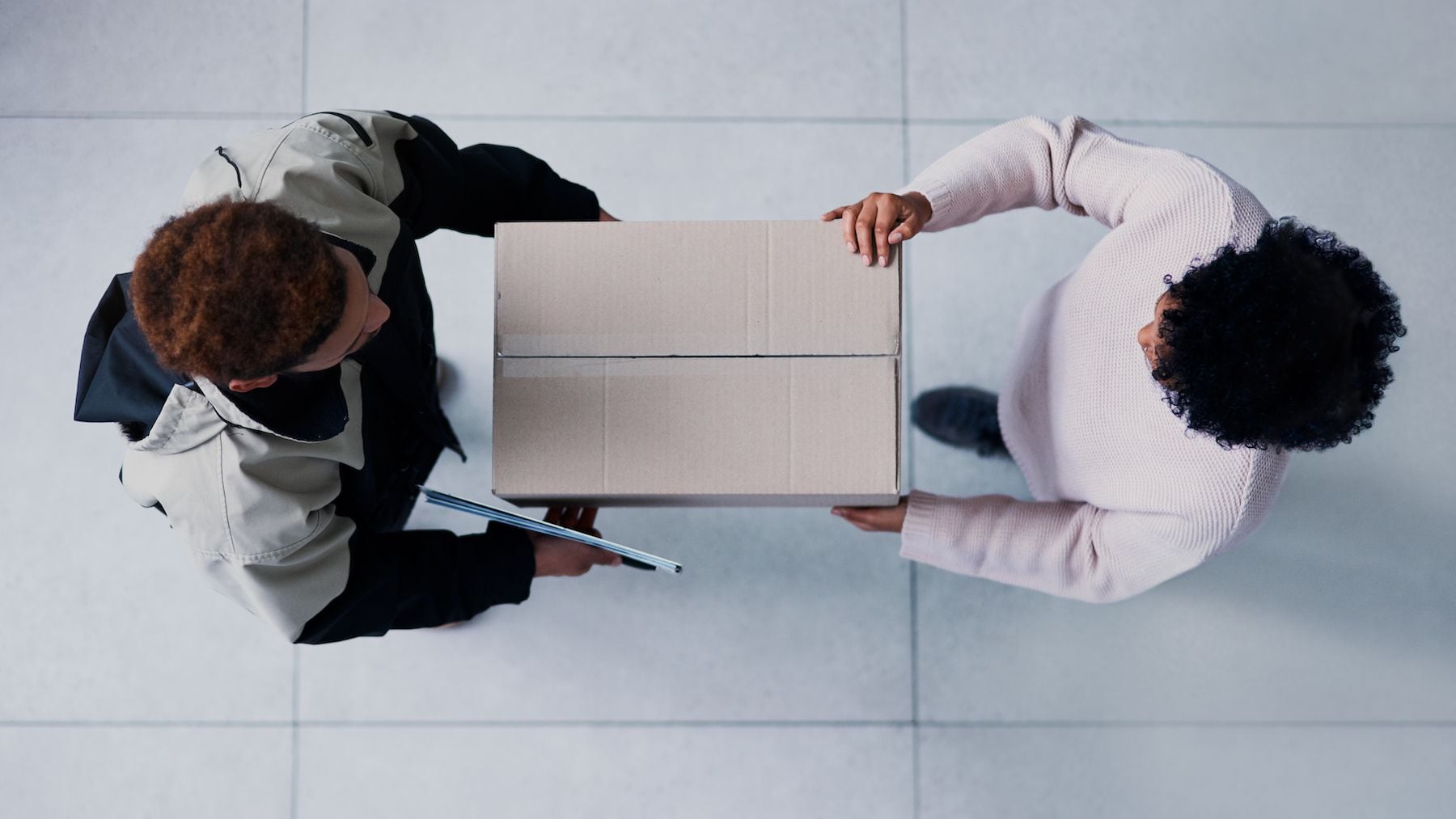
As FedEx and United Parcel Service battle for market share in a delivery demand downturn, they are expanding returns services aimed at helping retailers slash the cost of sending back shoes, apparel and other goods.
US shoppers last year returned 16.5 percent of purchases, or $817 billion worth of goods. The typical return costs about $33 to process, and carriers promise to help their customers cut transportation-related costs.
FedEx, which counts Walmart as a key partner, is offering its consolidated returns services to more customers in time for the holiday season when returns rise, FedEx spokesman Ryan Kelly told Reuters.
FedEx’s consolidated returns service previously was reserved for large customers doing thousands of returns each day. The new threshold is “now just a couple of hundred returns,” said Kelly, who declined to identify users of the service.
The company collects returns for all clients at about 2,000 FedEx Office locations. It ships the goods to FedEx returns centers, where they are sorted by merchant. Then, it then sends the goods back to individual customers, usually via big rig.
Consolidating returns can lower transportation costs as much as 20 percent, said Amena Ali, CEO of returns services provider Optoro.
Meanwhile, rival UPS is buying Happy Returns to beef up its e-commerce returns business that has grown 25 percent since 2020. Happy Returns customers include Levi’s, Allbirds and Lands End.
Roughly 5,200 UPS Store locations will join Happy Returns’ established drop-off points, making the service available at more than 12,000 US locations, UPS said.
FedEx is a former Happy Returns shipping partner. Kelly said the loss of that business will not have a material impact on FedEx’s results.
Amazon popularized no box, no label returns that are also being seized on by package carriers and retailers.
Amazon, the world’s largest online retailer and growing delivery firm, for years has allowed its customers to drop off returns at company-owned stores like Whole Foods as well as at Kohl’s department stores.
FedEx accepts no label, no box returns at 10,000 US locations including FedEx Office, FedEx Express Ship Centers, and Walgreens. Those returns can help save money by eliminating the use of oversized boxes that cost more money to ship, Kelly said.
By Lisa Baertlein
Learn more:
Case Study | Fashion’s New Playbook for Online Returns
The e-commerce boom may have cooled but online returns rates remain high, and the costs of processing them are more expensive than ever. BoF unpacks how retailers can reduce the costs of returns and protect profit margins, while improving customers’ shopping experience to generate higher sales.



